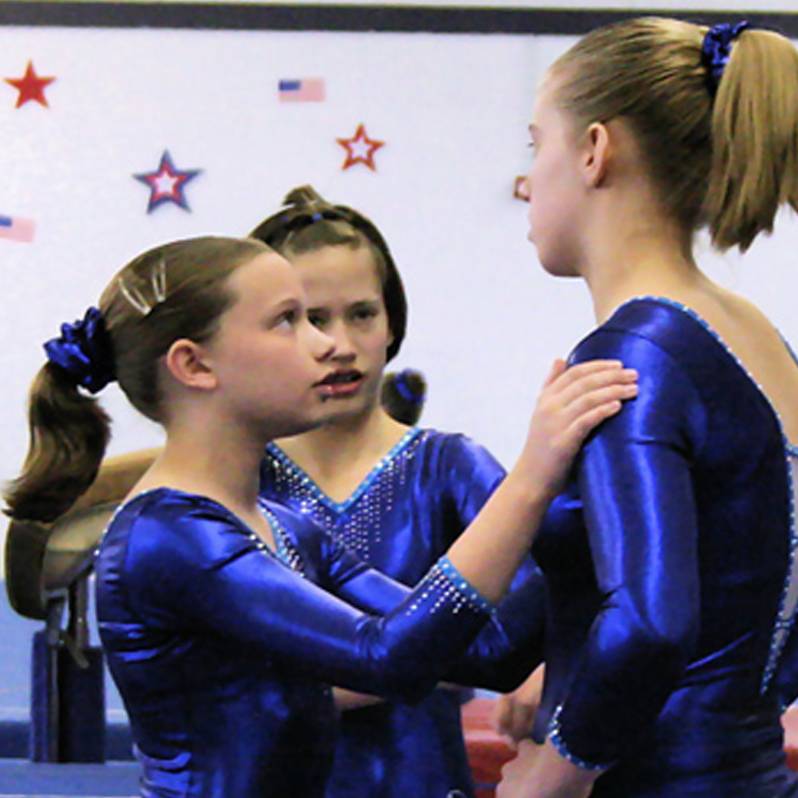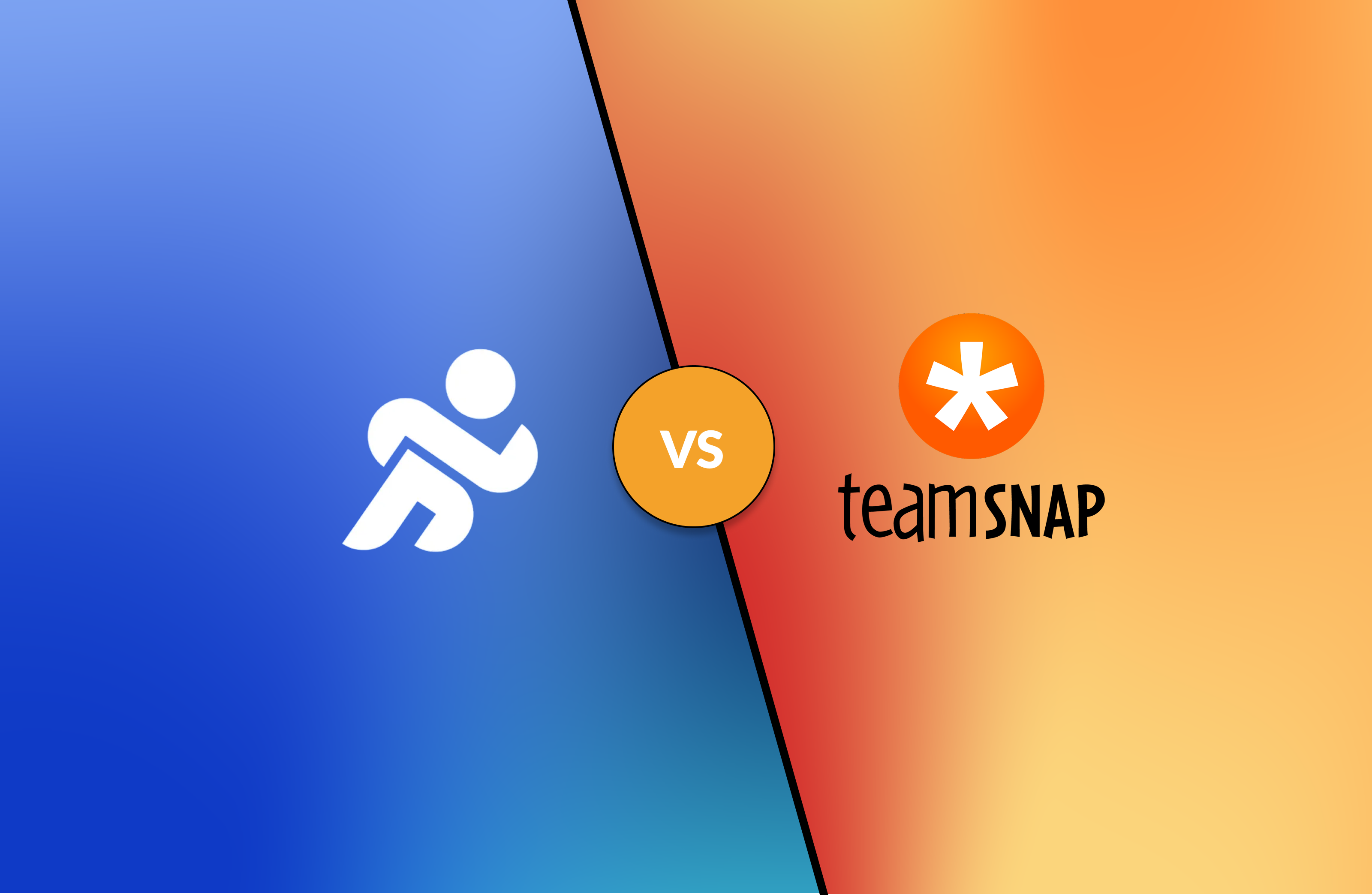Giving responsibility to young players

The bulk of sports team management is, of course, carried out by the coach or manager. However, giving various responsibilities to the players often lightens the burden and fosters a sense of competence and team spirit.
On the other hand, players on a sports team may be reluctant to volunteer, for fear of having to do too much, and thus having to neglect other aspects of their personal lives. Here are a few tips to help you encourage your players to take on responsibility.
Ensure rotation
Having to do the same thing every week for an entire season can get tiresome. So be sure to rotate tasks once a month, to vary each player’s responsibilities. This is a great way to avoid interesting “jobs” always being filled by the same people, leaving the other players with little choice.
Drawing of lots
Some players are reluctant to take on responsibility because of favoritism within their sports team. To prevent them from feeling that some of their team-mates are constantly being favoured, the draw is an excellent way of reassuring them and showing that tasks are distributed fairly. They may be more inclined to invest themselves in managing their sports team, knowing that everyone has an equal chance of falling on each task.
Taking account of players' ages
Of course, responsibilities vary according to the age and level of the players. Younger players generally like to collect cones after training, distribute water and snacks or collect bibs after practice. They also like to feel big and important, so why not ask them to take attendance or check that no one has forgotten anything in the locker room?
As for the older kids, they’ll enjoy taking turns being in charge of the warm-up, choosing a reward activity at the end of the workout, or performing some management tasks. Appoint a different “vice-coach” each time in addition to the usual tasks, ask certain players to organize meetings or make a list of upcoming training sessions and confirm their teammates’ attendance. The players will feel that they are being trusted, which will reinforce their sense of competence and motivate them to give their best at every training session.
Positive reinforcement
This goes without saying, but you should obviously reward good behavior. Congratulate your players, highlight good deeds and you’ll be able to facilitate mutual aid and initiative-taking within your team, whether it’s soccer, basketball or field hockey. Your athletes will feel valued and will obviously want to repeat the experience. Remember to encourage those who show initiative, as this may encourage other players to want to do the sam
You should also thank all those involved, whether parents or players. After all, these responsibilities contribute to the development of team spirit and are essential to the smooth running of your team.
Karl Demers



